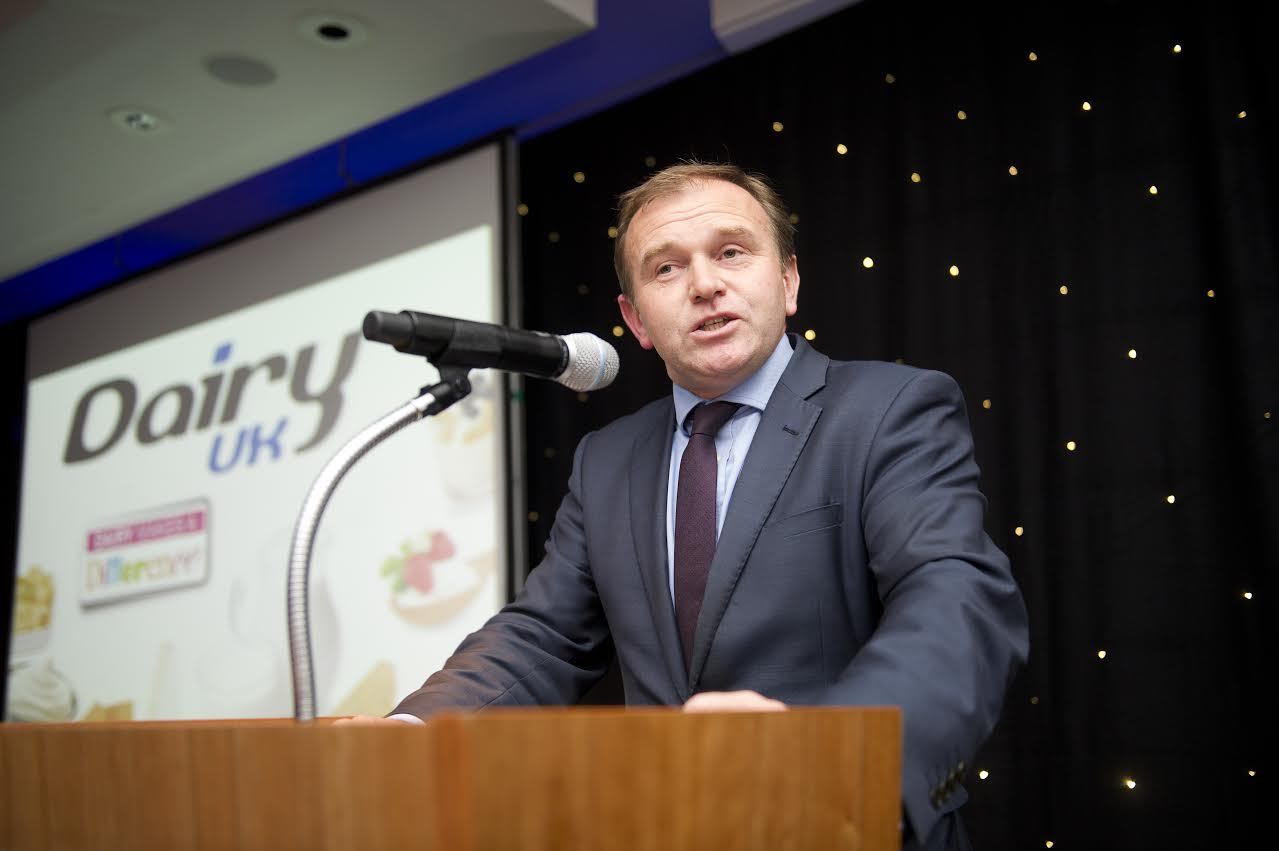
Farming Minister George Eustice has expressed keen commitment to include agroforestry in future domestic agricultural policy post-Brexit at a meeting last week.
The news follows the launch of a new EU funded project, which is being led by the Organic Research Centre and Abacus Agriculture, which aims to boost agroforestry throughout Europe and encourage more planting of trees on farmland.
The UK currently ranks the lowest for woodland density in Europe.
The ministerial meeting with Mr Eustice comes at a time when agroforestry farming systems are receiving considerable recognition for their economic, environmental and livestock welfare benefits.
This is reflected in a new European-funded research project called AFINET (AgroForestry Innovation NETworks) which is being led in the UK by the Organic Research Centre and Abacus Agriculture.
AFINET has attracted 2,000,000 Euros under the European Commission’s H2020 programme, involving 13 partners from nine European regions. The project aims to promote agroforestry implementation throughout Europe by improving knowledge on the management and design of agroforestry systems.
Dr Jo Smith, from the Organic Research Centre who is leading AFINET in the UK with Abacus Agriculture in collaboration with the Farm Woodland Forum said: “In 2016 the UK missed its target for planting woodland by 93% and we rank the lowest for woodland density in Europe. However, this figure could be significantly reduced by incorporating agroforestry into the farmed landscape.”
Dr Smith continues: “The UK currently undervalues agroforestry although there is substantial potential to be unleashed in terms of climate change, enhancing biodiversity and improving water quality. Agroforestry also offers considerable welfare benefits for livestock and can help to keep agriculture competitive.
“We have been impressed by the interest in agroforestry by farmers in the UK, but there are knowledge gaps that that we need to resolve. Our new AFINET project aims to bridge these gaps to help farmers overcome perceived obstacles to agroforestry for the benefit of their farming business, environment and productivity.”
'Benefits of trees'
Stephen Briggs, from Abacus Agriculture attended the meeting with George Eustice together with Mike Strachan and Dr Paul Burgess representing the Farm Woodland Forum.
He said: “Our meeting with the Minister was extremely positive. Coming from a farming family in Cornwall he could appreciate the benefits of incorporating trees into agricultural production and he showed a genuine desire to look at ways to join up forestry and agroforestry.
“In the past this has fallen down a crack in the middle and government recognises that the current agri-environment framework stifles innovation in this field. However, we do need to develop workable business models for agroforestry to increase its adoption by the farming community. The AFINET project will act as a catalyst to do this.”
The newly launched EU AFINET project proposes an innovative approach by setting up Regional Agroforestry Innovation Networks (RAINS). These are working groups formed by a balanced representation of farmers, foresters, government services and advisers who will gather together to share their knowledge and experiences about agroforestry to increase and improve current uptake.
In the meantime, the Organic Research Centre and Abacus Agriculture will be setting up a UK RAIN with a series of practical stakeholder events to discuss and learn from each other.
These events will be held on farms and will focus on gathering together existing expertise, identifying gaps, promoting practices and finding solutions.
